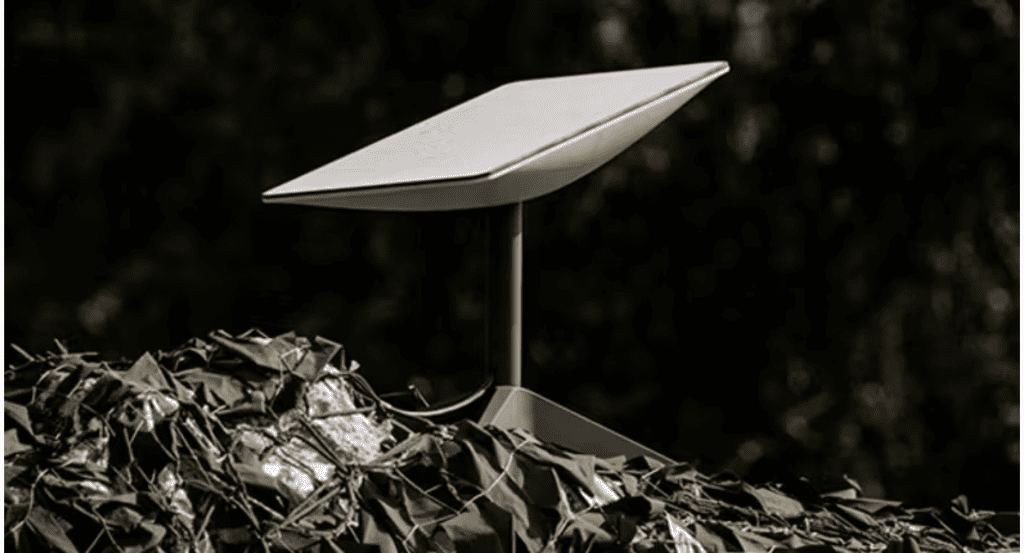Starlink in Niger: Expanding Internet Access in West Africa
Starlink, SpaceX’s Low-Earth Orbit (LEO) satellite internet service, is now operational in Niger after the country’s military government granted a five-year license for high-speed connectivity.
This move makes Niger the latest African nation to adopt Starlink, following its recent launch in Liberia in January 2024.
Bridging Niger’s Digital Divide
Despite its growing population, Niger struggles with low internet penetration and limited digital infrastructure.
Only 32% of Niger’s population has internet access.
The country’s digital infrastructure covers just 30% of its territory, leaving vast rural areas without connectivity.
Challenges such as low investment and attacks on communication infrastructure by armed groups have slowed digital expansion.
With Starlink’s satellite-based broadband, Niger aims to improve internet access nationwide, especially in underserved rural areas.
DONT MISS THIS: Apple Introduces Starlink Support for iPhones, Expanding Satellite Connectivity
Starlink’s Growing Presence in Africa
Starlink’s expansion aligns with Africa’s push for improved connectivity, where only 40% of the continent’s 1.3 billion people have internet access—the lowest rate globally.
However, the service faces regulatory challenges in some countries:
South Africa banned the import of Starlink kits in August 2023, citing regulatory concerns. Despite demand, talks for approval have stalled.
Starlink now serves over 2.6 million users globally, using a network of 5,500+ satellites launched by SpaceX since 2019.
What Starlink Means for Niger
Fast, reliable internet access for underserved regions.
Improved communication infrastructure despite security challenges.
Potential economic and educational benefits for rural communities.
With Niger now on board, Starlink continues to reshape Africa’s digital landscape, offering a new solution to the continent’s long-standing internet challenges.




















